In order to implement the spirit of the "Opinions on Accelerating the Reform and Development of Postgraduate Education in the New Era" jointly issued by the Ministry of Education, the National Development and Reform Commission, and the Ministry of Finance, optimize the curriculum system, and innovate the postgraduate training model, The Department of Earth System Science (DESS) of Tsinghua University held the 2020-2021 academic year autumn semester teaching work seminar and the 610th Doctoral Students Forum of Tsinghua University in the lecture hall of the School of Science on October 16. Peng Gong, Dean of the School of Science and Dean of DESS in Tsinghua University, Yong Luo, Secretary of the Party Branch and Deputy Dean of DESS, Haiping Wu, Deputy Secretary of the Party Branch and Deputy Dean of DESS, and all faculty and staff attended the meeting. The meeting was chaired by Qiang Zhang, deputy dean of DESS.
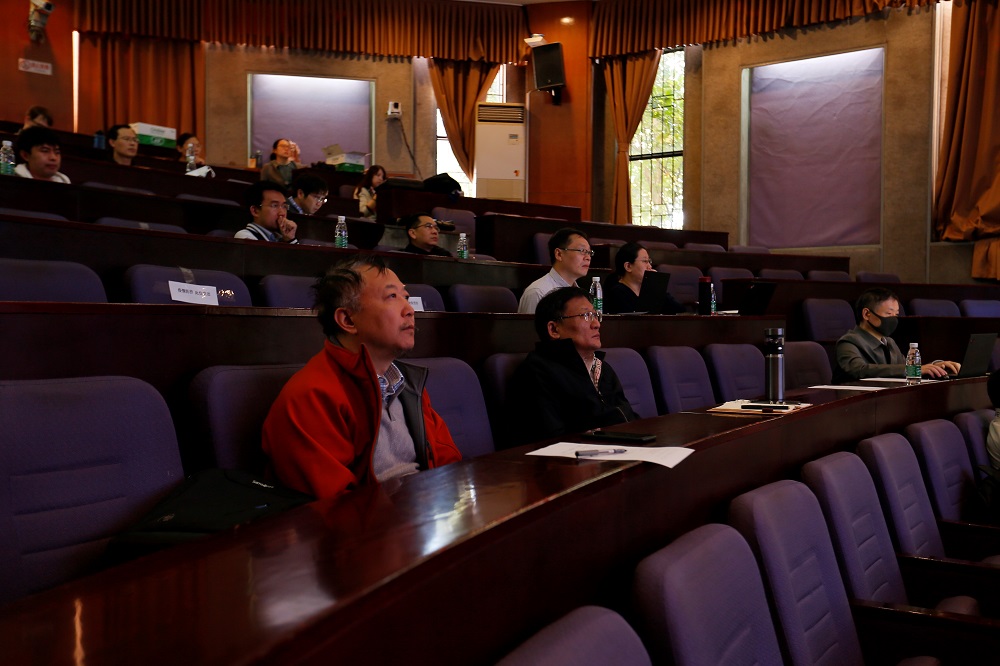
Figure 1 DESS 2020~2021 fall semester teaching work seminar was held in the lecture hall of the School of Science of Tsinghua University.
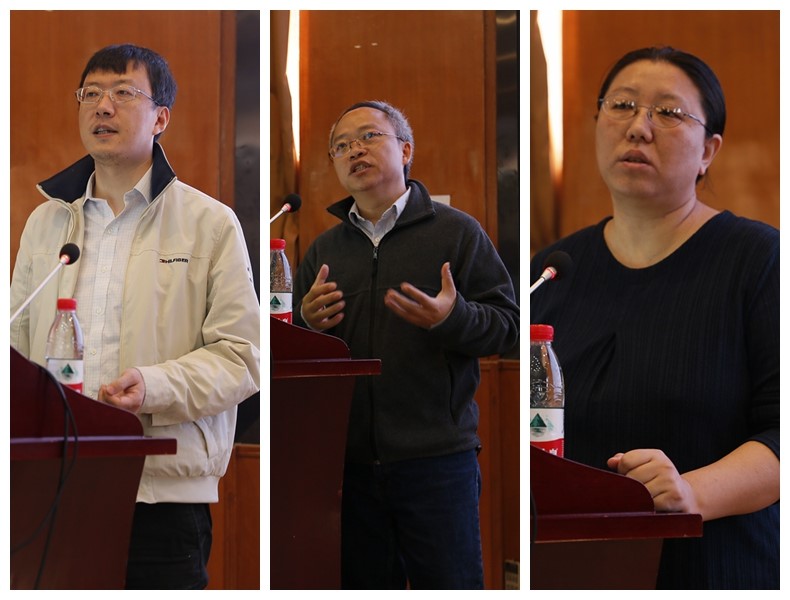
Figure 2 The teaching work seminar was hosted by Qiang Zhang (first from the left), and Jun Yang (second from the left) and Yiran Peng (first from the right) made presentations at the conference.
At the teaching work seminar, Professor Qiang Zhang introduced the background, significance and guidelines of the "Opinions on Accelerating the Reform and Development of Graduate Education in the New Era" jointly issued by the three ministries and commissions, and addressed the problems in the graduate education and training of DESS and graduate education. The recommendations for the reform implementation plan are explained. Professor Jun Yang compared ecological disciplines at home and abroad in terms of curriculum system, credit setting, and graduate training links, and put forward suggestions for revision of the curriculum system of DESS. He suggested that we should follow the model of combining basic courses and professional orientation courses, focusing on the courses of the department, supplemented by external departments and off-campus courses, and appropriately increasing the professional credit requirements. Associate Professor Yiran Peng introduced the doctoral qualification examination, the construction of the atmospheric science curriculum system, and the improvement of the quality of postgraduate training. She suggested that the setting of courses should allow students to have advanced choices, pay attention to the allocation of credits and subject level, improve social practice courses, improve students' research ability and professional thinking ability, improve students' scientific appreciation ability and distinguish classic papers with innovate papers.
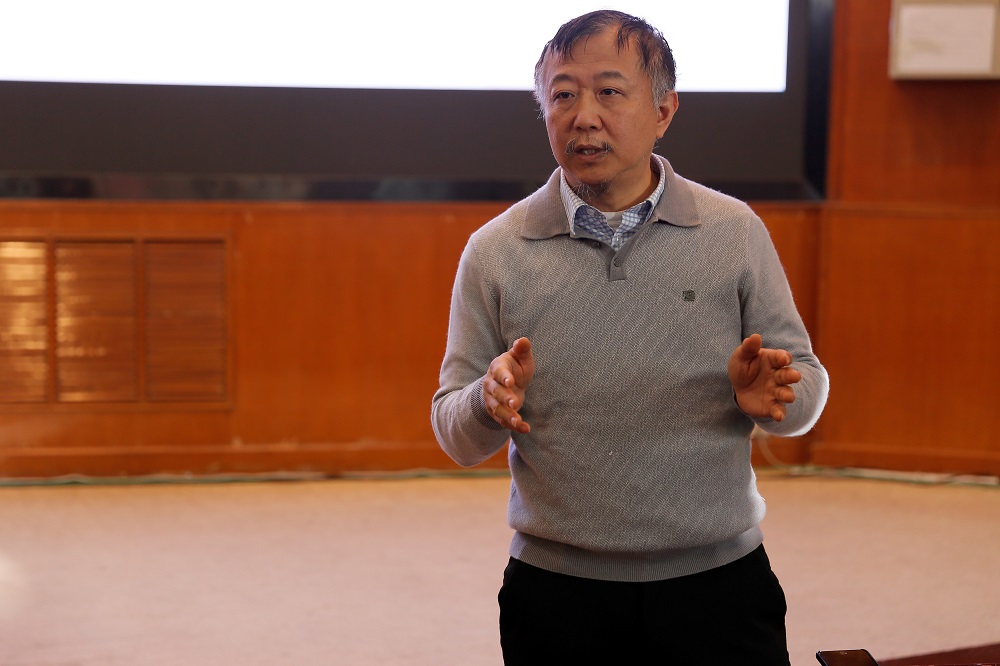
Figure 3 Peng Gong communicated with participating teachers at the teaching work seminar.
In combination with actual teaching work, the participating teachers have freely spoken out and discussed in depth on the reform of the curriculum system and the talent training plan. Based on his own experience, Professor Peng Gong talked about the learning methods of doctoral students. He believes that the Ph.D. study is an accelerated process, the previous accumulation is very important, and innovation should also be emphasized. He emphasized the importance and urgency of cultivating international talents. In the setting of the curriculum system, teachers should present the best content to students, learn more about the research of others, and adapt to changes in demand. At the same time, he put forward requirements and guiding opinions on the status quo of graduate education and future development plans. He pointed out that DESS should innovate in its teaching work, optimize the curriculum system, and cultivate social leaders.
During the discussion session, Associate Professor Zhu Liu suggested that the Earth Performance Computing course be opened to train students to become leaders in various industries. Professor Dabo Guan believes that students need to have credit restrictions in selecting courses, pay attention to learning efficiency, and combine theory with practice in the curriculum system. Professor Kun Yang suggested that the focus should be on cultivating the thinking ability of graduate students and adding field practice courses. Professor Jun Yang proposed to increase understanding of students and strengthen interaction with students.
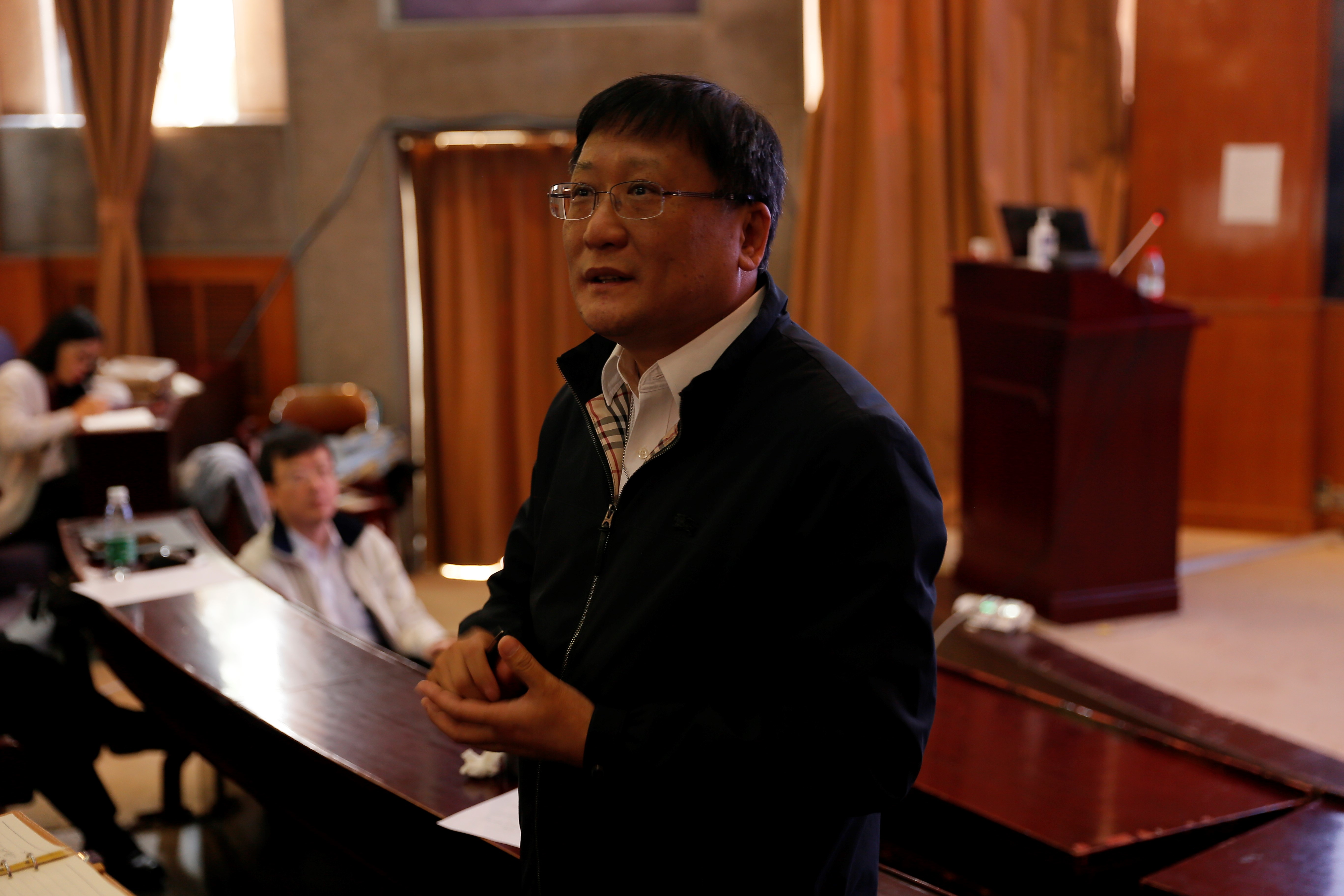
Figure 4 Luo Yong made a concluding speech.
In his concluding remarks, Professor Yong Luo said that the teaching work seminar was held after the Tsinghua University Graduate Education Reform and Development Conference, which is very timely and necessary for the development of the teaching work of DESS. The meeting not only summed up the experience of DESS in postgraduate education over the past ten years, and analyzed the existing problems, but also put forward good suggestions for the reform of the curriculum system and training program in the next step. He believes that DESS will continue to adhere to the concept of earth system science construction in the future, adhere to the multidisciplinary development model and quantify orientation. On this basis, DESS should carry out the reform of the subject system as soon as possible.
After the teaching seminar, DESS held a doctoral forum on the theme of "Community of Human Destiny under Global Change" on the afternoon of the 16th. This forum is of great significance in promoting the development of the field of global change in our country, promoting interdisciplinary research in related research fields, and enhancing the enthusiasm of young students for global change research. Eight doctoral students from DESS and the School of Architecture gave academic reports on the causes of haze pollution, biodiversity protection, land cover change, and urban thermal environment changes.
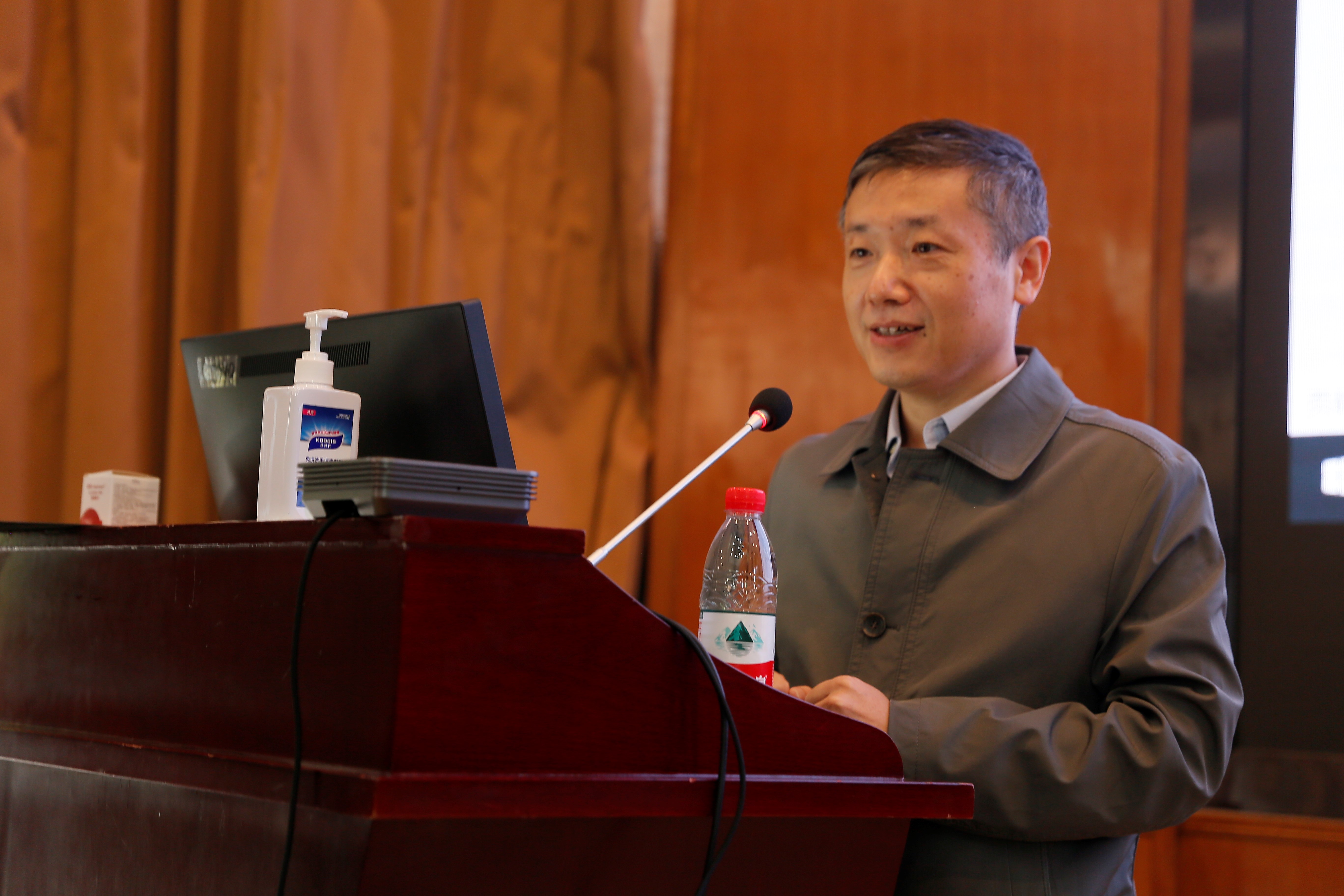
Figure 5 Haiping Wu delivered an opening speech at the forum.
Haiping Wu, deputy secretary of the Party branch and deputy director of DESS, delivered an opening speech for the forum. He introduced that the Tsinghua University Doctoral Forum has a long time history. This year, affected by various factors such as the pandemic, although the "7th Global Change Graduate Forum" was not held as scheduled, DESS is responsible for the study of global change. It is also the original intention DESS. Haiping Wu said that holding a doctoral forum is of great significance in stimulating young students' innovative inspiration and improving the level of scientific research.
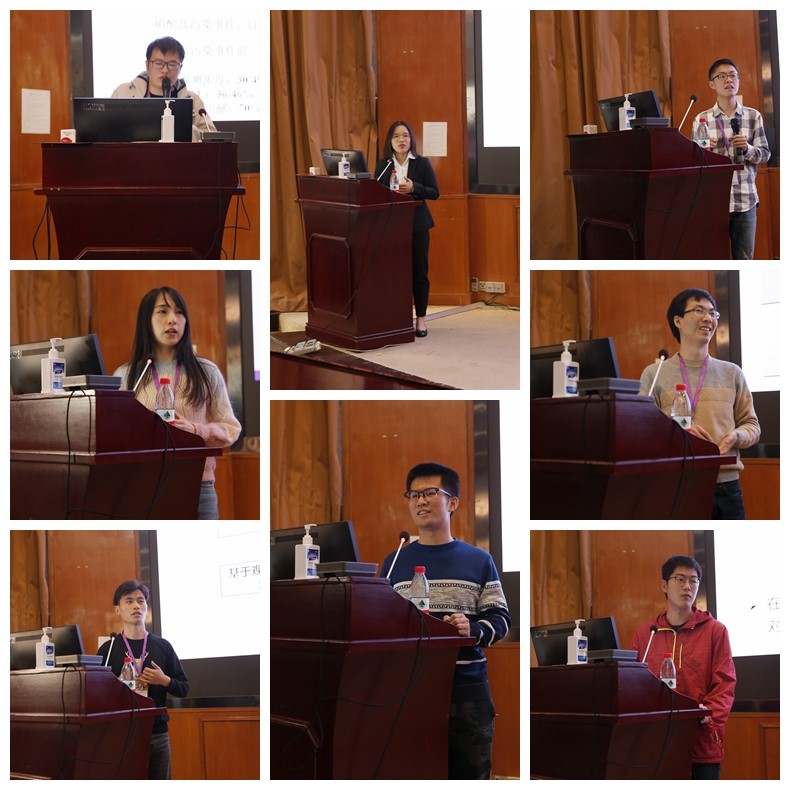
Figure 6 Doctoral students give presentations in turn on the forum.
In the academic report session, Chunrong Chen introduced his research on the causes of haze pollution in autumn and winter in North China and the formation mechanism of secondary aerosols based on the field observation sites in Xinxiang and Baoding; Ying Tu reported on land cover to land use and its Application research progress; Boyu Gao introduced the research work of quantifying the diversity of waterbirds in habitats and surrounding landscapes at multiple scales; in terms of agricultural output, Shengchao Qiao introduced the estimation of global wheat production deficit based on semi-empirical crop models. In the report, Juepeng Zheng introduced the statistics of oil palm canopy extraction and quantity, and realized the identification of Malaysian oil palm by using machine learning methods; Ziqi Zhu introduced the environmental impact of vegetation greenness in the Qinghai-Tibet Plateau Laws: Using fire and biomass data, Zhe Zhao found that fires aggravated forest degradation in the fringe of Africa and quantified the results of forest degradation more precisely. In addition, Zhi Cai from the School of Architecture shared his research on changes in the urban thermal environment before and after the closure of Wuhan.
After listening to the academic reports of all the students, the doctoral students Yupeng Zheng and Ying Tu from DESS won the excellent report awards of this forum after review by the participating experts.
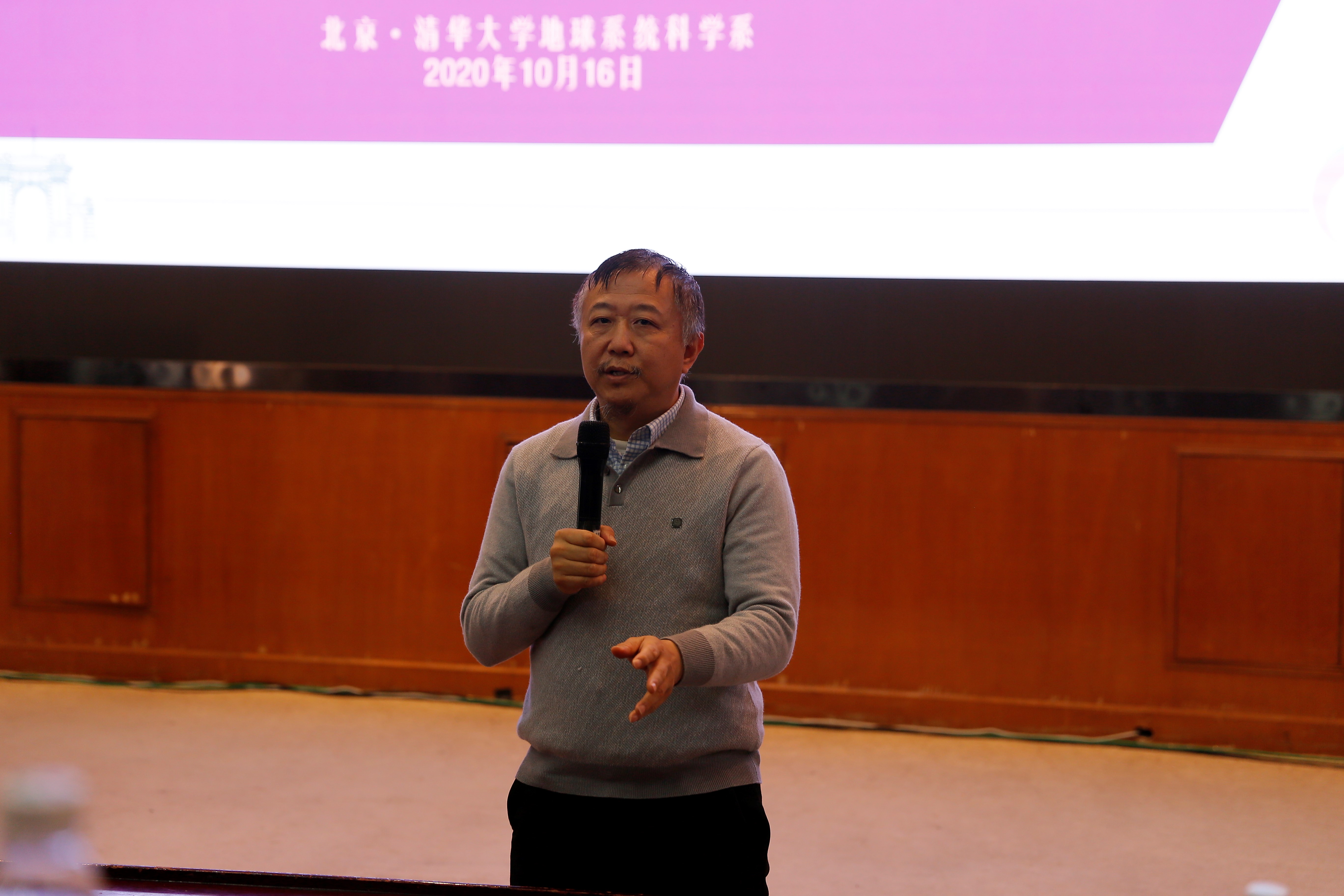
Figure 7 Peng Gong gives a summary speech of the forum
Professor Peng Gong emphasized in the summary speech of the forum that the new generation of DESS should lay a good foundation of research knowledge and make clear the logical relationship before and after academic study. For specific problems to put forward their own views, and strive to develop into a real research worker.
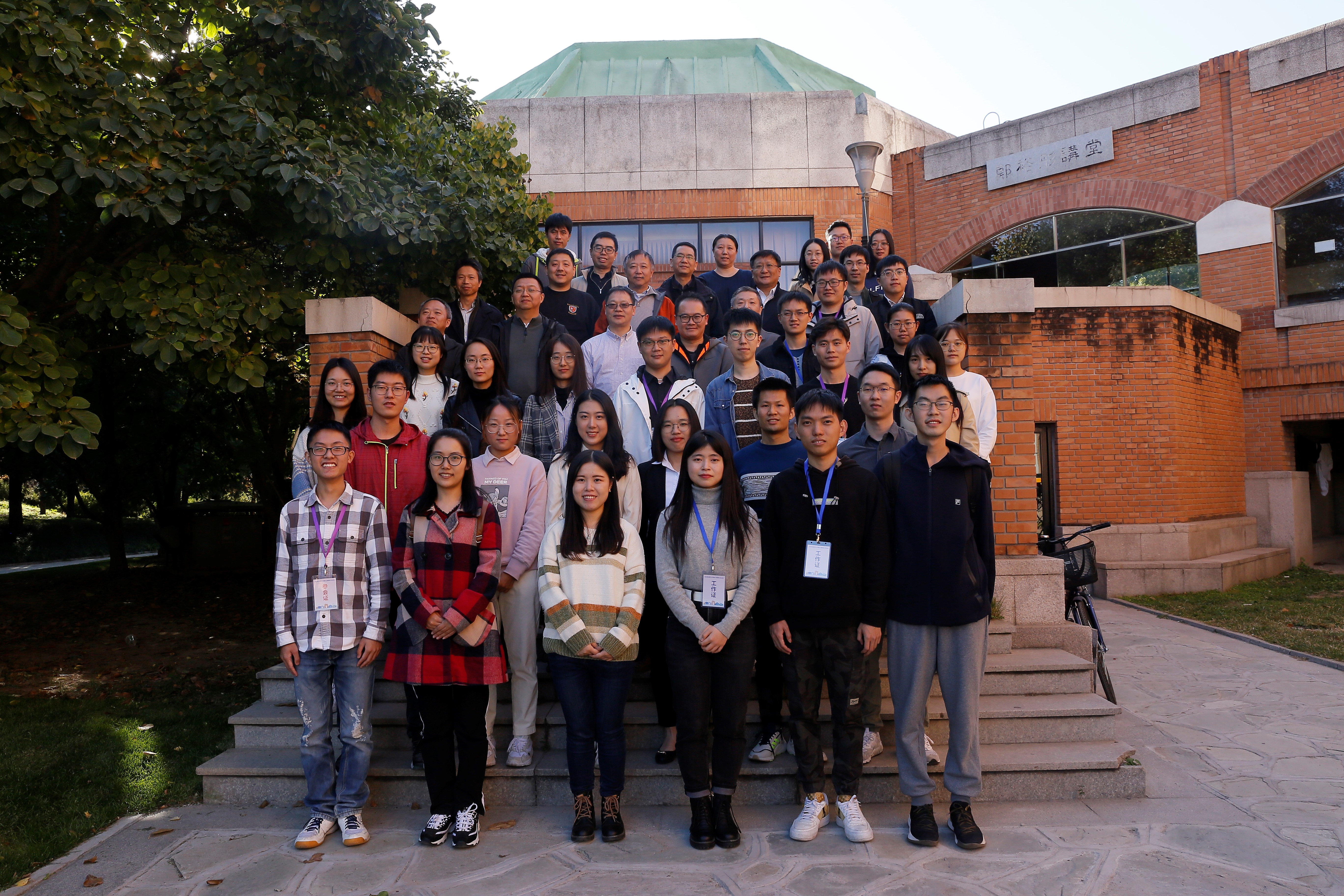
Figure 8 Teachers and students taking a group photo after the forum.
This forum was sponsored by DESS of Tsinghua University and organized by the Graduate Student Union of DESS. More than 60 teachers and students attended the forum.
Writers: Meng Xu, Graduate Union of DESS
Reviews: Haiping Wu, Hui Lu
Photography/Editor: Jiayin Wang